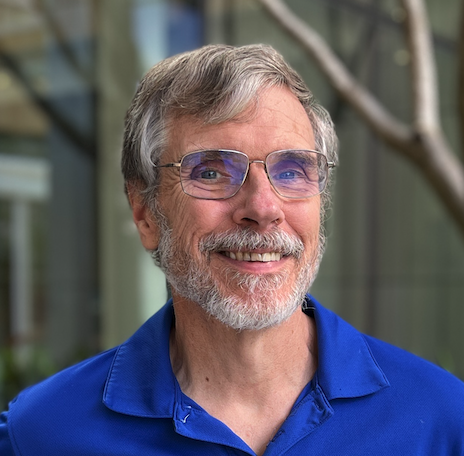AI Science, starting with hypotheses and experiment plans
27th February 2025
Timing : 1 pm ET
Please use this zoom link for joining the webinar
For a list of all talks at the NanoBio seminar Series Spring'25, see here
Dexter Pratt
Ideker lab
UC San Diego School of Medicine
Dexter is at the Ideker lab at UC San Diego School of Medicine. Until recently, he was the director of software development but recently pivoted to focus on AI Agent research as he pursues a late career doctorate. Prior to coming to UCSD in 2013, he spent the first 30 years of his career doing (old school) artificial intelligence and systems biology in the private sector. He started with AI in spin-out company from the MIT AI lab that produced advanced workstations specialized in running the LISP language. Later, he joined the Cyc project, an attempt to build what would now be called AGI with a massive rule-based approach. This was a profound “learning experience” about the limits of that approach. In the 2000’s, he originated the BEL language for causal network modeling, first used for the interpretation of microarray experiments. Finally, he came to UCSD to lead the creation of NDEx, a sibling project to Cytoscape, a public data exchange for storing, sharing, publishing, and computing with biological networks.
Ideker lab
UC San Diego School of Medicine
Dexter is at the Ideker lab at UC San Diego School of Medicine. Until recently, he was the director of software development but recently pivoted to focus on AI Agent research as he pursues a late career doctorate. Prior to coming to UCSD in 2013, he spent the first 30 years of his career doing (old school) artificial intelligence and systems biology in the private sector. He started with AI in spin-out company from the MIT AI lab that produced advanced workstations specialized in running the LISP language. Later, he joined the Cyc project, an attempt to build what would now be called AGI with a massive rule-based approach. This was a profound “learning experience” about the limits of that approach. In the 2000’s, he originated the BEL language for causal network modeling, first used for the interpretation of microarray experiments. Finally, he came to UCSD to lead the creation of NDEx, a sibling project to Cytoscape, a public data exchange for storing, sharing, publishing, and computing with biological networks.
